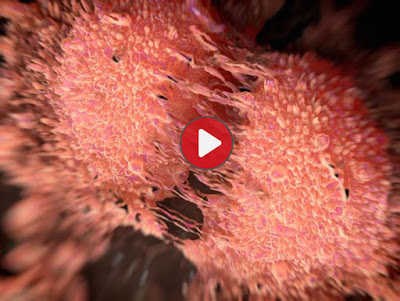Most breast cancers are estrogen receptor-positive, meaning that signals received from estrogen, a hormone, promote the growth of the tumors. To stop these cancers from spreading, estrogen inhibitors are usually prescribed. But what happens when tumors develop treatment resistance?

Studies suggest that "approximately 70 percent" of all the breast cancers are estrogen receptor-positive (ER-positive).
These types of cancer are typically treated with drugs — such as tamoxifen and fulvestrant — that either lower the levels of the hormone or inhibit the estrogen receptors to prevent the tumors from spreading. This is known as endocrine therapy.
However, around a third of the people treated with these drugs develop resistance to them, which negatively impacts their chances of survival. The mechanisms that underlie the tumors' resistance to therapy is not well understood and currently poses a major challenge.











